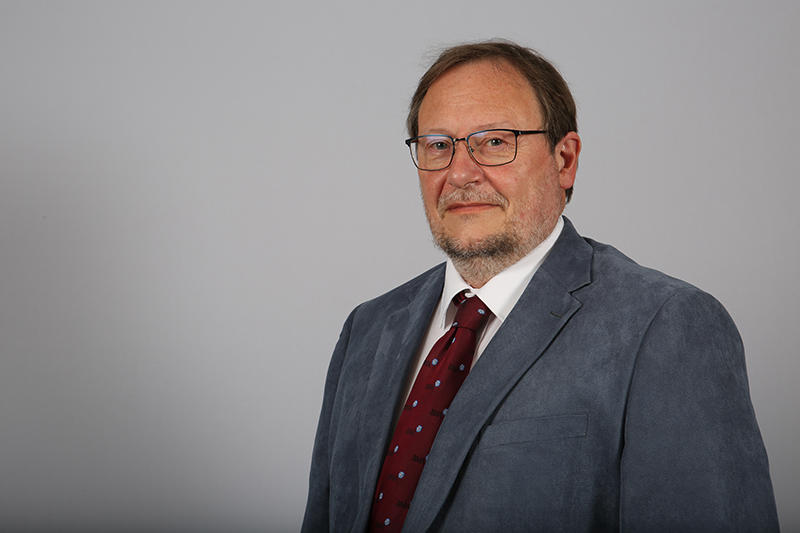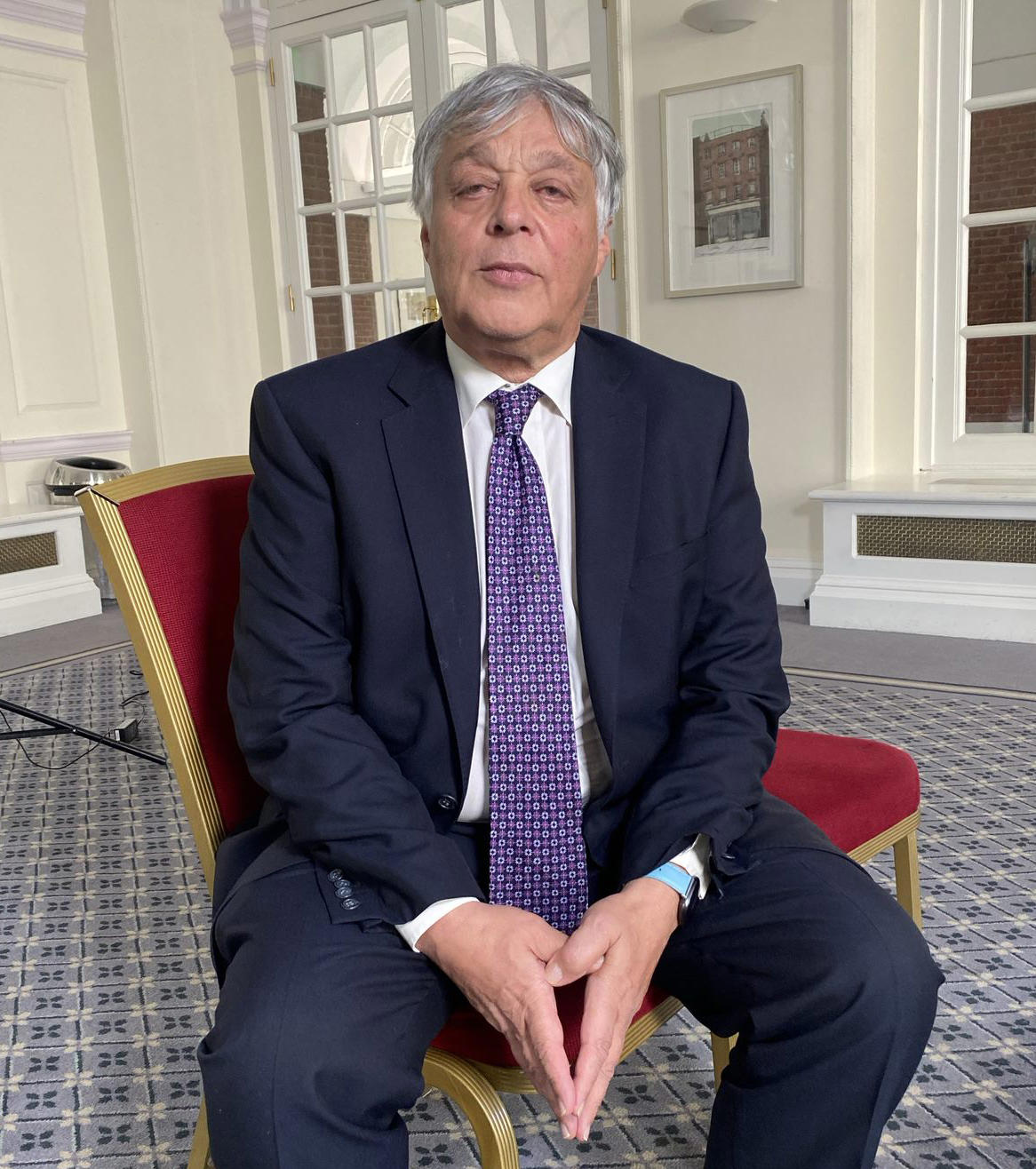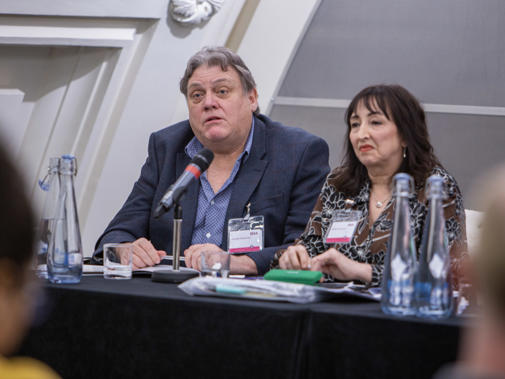The BMA is to financially back a legal challenge to the GMC over its failure to distinguish between doctors and PAs (physician associates).
Campaign group Anaesthetists United has been joined by the parents of 30-year-old Emily Chesterton, who died after seeing a PA who she thought was a GP, in their legal action.
Together, they allege that the GMC has not enforced a national scope of practice for MAPs (medical associate professionals) after they graduate, which they argue represents an unlawful failure in the GMC’s duty to properly regulate the clinical practice of these associate professions in the UK.
The challenge, which AU announced in June, seeks to end the confusion between doctors and non-doctors, which the BMA says has put patient safety in danger. It has also been funded by donations, which AU continues to welcome.
In support of AU, and of Marion and Brendan Chesterton (pictured above), the BMA will provide an indemnity for any potential adverse legal costs the GMC might claim at certain stages of the case. This will protect both claimants from the risk of financial loss arising from issuing the claim.
The association is also urging the Government to confirm it will not use public money to support the GMC in its defence.
Meanwhile, the BMA continues its own legal action against the GMC over its using the term ‘medical professionals’ to encompass doctors, PAs and AAs, which it says has eroded the boundaries between these ‘very distinct roles’.
The GMC is due to officially begin regulating PAs and AAs in December.
 Prof Banfield: GMC position ‘unconscionable’
Prof Banfield: GMC position ‘unconscionable’
BMA council chair Philip Banfield said: ‘We stand alongside the grassroots campaigners at AU as they too seek to ensure patient safety in the UK is not watered down by the headlong rush to expand the role of the physician associate.
‘Doctors are standing together to protect their patients and ensure that high-quality healthcare continues to be provided in the NHS.’
He added: ‘The tragic case of Emily Chesterton, among others, should by now have made clear that blurring the lines between doctors and their assistants can have fatal consequences.
‘It is unconscionable that despite so many warnings from medical professionals the GMC has forged ahead with its attempt to regulate PAs and AAs in a manner that encourages that blurring.
‘AU’s case is very clear: if you don’t set out clearly what a PA can do and can’t do in a scope of practice then you have failed to carry out your duties as a regulator. The GMC enforces postgraduate training and practice for doctors but tells us that such enforcement for PAs and AAs should be left to individual employers. That is an abdication of responsibility that will lead to unscrupulous and possible illegal practice within hospital trusts and general practice, as we have already seen.’
AU’s case is very clear: if you don’t set out clearly what a PA can or can’t do in a scope of practice then you have failed to carry out your duties as a regulator.Prof Philip Banfield
The BMA maintains that it was a mistake to make the GMC the regulator of PAs and AAs in the first place because it would further blur the lines between these roles and the medical profession.
Prof Banfield said: ‘If they are going to regulate then they need to do so responsibly. Until there is a nationally agreed scope of practice setting clear limits on what AAs and PAs can do, they are not so much regulators as enablers of the kind of scope creep that has endangered lives.
‘The Government must now make a choice. Taxpayers would be shocked if it put public money behind the defence of the indefensible and actively funded the attempt to prevent a national scope of practice for MAPs to keep patients safe. I urge the Government to offer patients and doctors the assurance that they will not allow public money to be given to the GMC to enable their defence.
 Dr Marks: ‘Deeply grateful’ for BMA support
Dr Marks: ‘Deeply grateful’ for BMA support
‘I thank the campaigners at Anaesthetists United for leading on this and look forward to pursuing this crucial campaign with them in the interest of patients everywhere.’
Richard Marks, co-founder of Anaesthetists United, said: ‘We are pleased to say that the BMA has offered us crucial financial support to help our legal fight over PAs and AAs. We are deeply grateful for their help and recognition of how vital this is to healthcare in the UK.
‘While the assistance is vital in enabling us to continue our fight, we remain significantly short of the funds required to see this case through to the end.
‘We continue to welcome donations from the public to help keep the GMC accountable in its role of protecting patients.’

